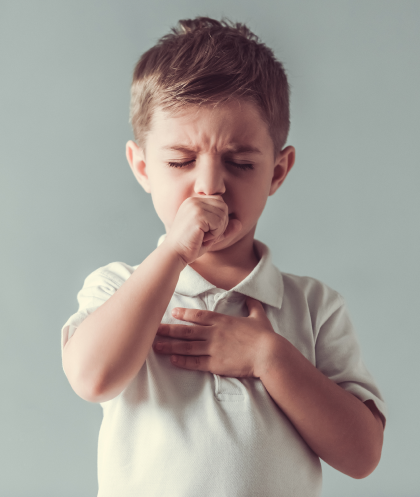
77 Wimpole Street,
London, W1G 9RU


Respiratory Conditions

Asthma symptoms can often change with the seasons, depending on what triggers your child’s condition. Sometimes it can be worse in the spring and summer, when there’s lots of pollen in the air. However, for some of us the symptoms of asthma can get worse in the winter when we’re breathing in cold air and dealing with common infections such as colds and the flu.
Cold weather can be one of the worst things about winter when you have asthma, but there are a couple of other factors that can affect your condition too. If your child has asthma, then you need to be aware of these common winter asthma triggers that could be causing problems.
What can you do if your child’s asthma gets worse in winter? Here are a few steps you can take to avoid problems during the colder months.
Please fill the form below
Suzanne Harvey
secretary
Resources
